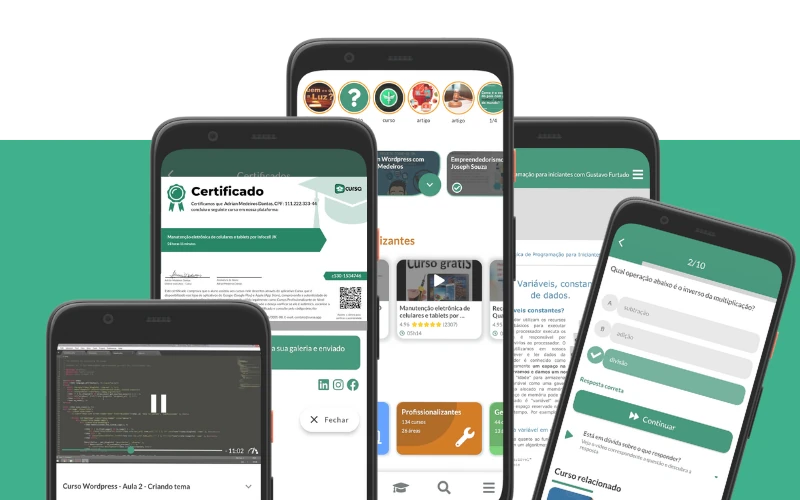
76. French for Culinary Professionals
Page 76 | Listen in audio
One of the segments that has benefited greatly from language learning is cooking. With the growth of globalization, chefs and culinary professionals are increasingly seeking to improve their language skills to stand out in the market. French, in particular, is a highly valued language in this sector, as France is known worldwide for its rich and diverse cuisine. Therefore, our Intermediate French e-book course features the "French for Culinary Professionals" module.
This module is designed to help culinary professionals develop their French language skills, with a special focus on culinary terminology. The course covers a variety of topics, including culinary vocabulary, cooking techniques, ingredients, traditional dishes, French wines and cheeses, among others.
To begin with, the course presents an extensive list of French culinary vocabulary. This includes terms for various cooking techniques, such as 'sauté' (sautéing), 'griller' (grilling), 'poêler' (frying), 'rôtir' (roasting), among others. Additionally, students will learn the names of ingredients in French, such as 'poulet' (chicken), 'boeuf' (beef), 'poisson' (fish), 'légumes' (vegetables), and more.< /p>
The course then covers a variety of traditional French dishes. Students will learn how to describe and prepare dishes such as 'coq au vin', 'bouillabaisse', 'ratatouille', 'quiche lorraine', 'tarte tatin', among others. Each dish is presented with a detailed description, including the required ingredients and preparation method. This not only helps students expand their culinary vocabulary, but also gives them an insight into the rich French culinary tradition.
In addition, the course also covers wine and cheese culture in France. Students will learn about the different wine regions of France, such as Bordeaux, Burgundy, Champagne, and more. They will also be exposed to a variety of French cheeses, such as 'camembert', 'roquefort', 'brie', among others. This will help students understand the importance of these products in French culture and cuisine.
Finally, the course also includes sections on dining etiquette and French conversation. This includes topics like how to order food at a restaurant, how to discuss food preferences and allergies, and how to make a toast in French. This is particularly useful for culinary professionals who want to work in French restaurants or hotels, or for those who simply want to improve their French conversation skills.
In summary, the "French for Culinary Professionals" module of our Intermediate French e-book course is a valuable tool for any culinary professional wishing to expand their linguistic and cultural horizons. With a combination of culinary vocabulary, cooking techniques, wine and cheese culture, and conversational French, this course offers a comprehensive approach to learning French in the context of cooking.
Now answer the exercise about the content:
What is the focus of the "French for Culinary Professionals" module in the Intermediate French e-book course?
You are right! Congratulations, now go to the next page
You missed! Try again.

Next page of the Free Ebook:






